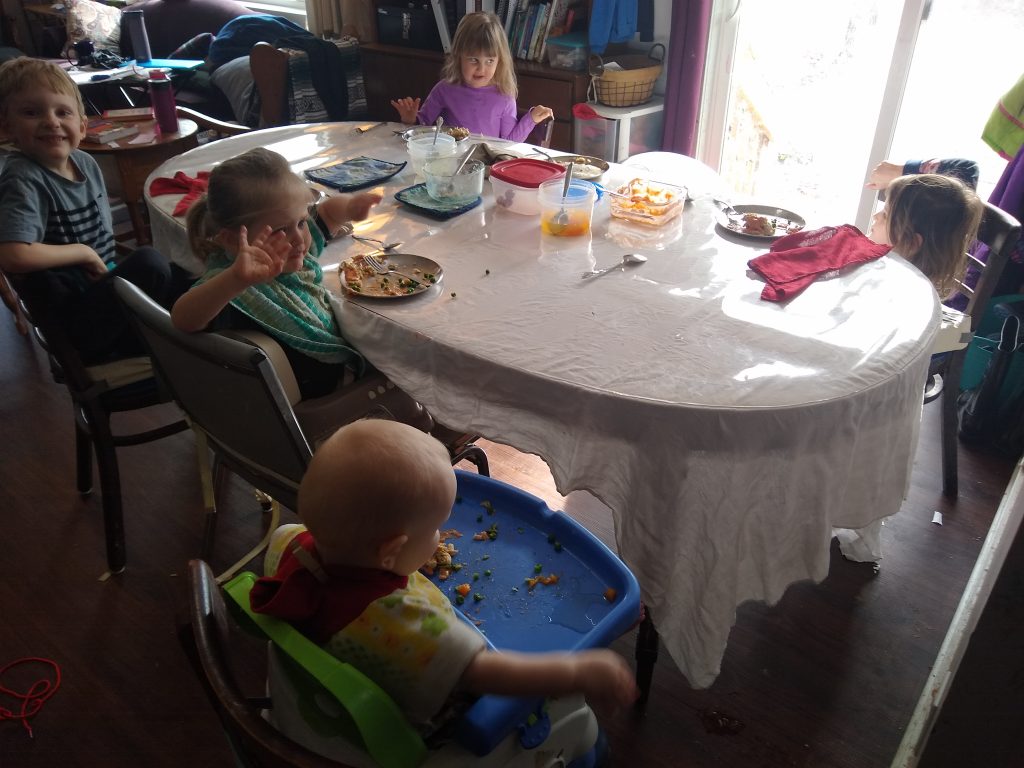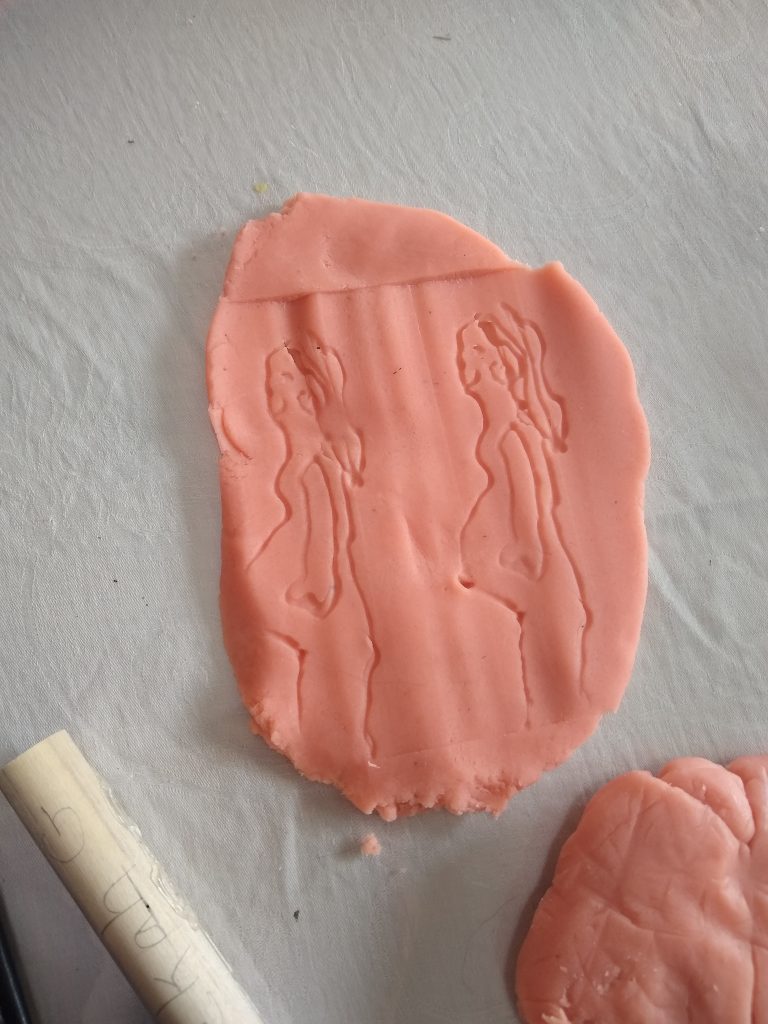This past year has been full of strange things. Stay-at-home orders. Face masks. Cancelled events. Working from home. Foster care relicensure via Zoom. Court via Zoom.
It’s been hard to make decisions in a world cowed by COVID. Even harder when everyone has a different perspective on both the problem and the solution.
For us, we’ve tried to keep one thought at the forefront of our decision making process. We’ve tried to keep love at the center.
“Let all that you do be done in love.”
~I Corinthians 16:14 (ESV)
So when lockdowns were first implemented and our foster daughter could no longer have visits with her mother? We arranged to have daily video chats (as difficult as those are when the “chatter” is not yet 2 years old and there are four other little chatterers in the house.) And when it became evident that restrictions would be prolonged? We insisted on taking on the personal risk so that in-person visits could resume – which meant that we also took on personal restrictions so as not to pass that risk on to others. Our foster daughter’s contact with her mother became the only contact our family had with people outside our family. Because we wanted to love our daughter and her mother by giving them the opportunity to bond instead of letting the fragile bond that was just starting to be established to become a casualty of COVID.
When the time came to decide whether to travel to see our families at Thanksgiving, we opted to stay at home and to instead plan to see them for Christmas, when we had the time to isolate before and after. Because we wanted to love both our families and our community.
When Sunday school reopened this year after a spike of COVID hospitalizations in November closed it temporarily, we opted that I would continue to teach but our children would not attend. In doing so, we hope to reduce our family exposure sufficiently that I can stay well enough to not be regularly leaving my Sunday school team in the lurch when I (the lead teacher for our class) can’t attend due to illness. We want to love my Sunday school students and my fellow teachers.
And when the Southwest Power Pool, which regulates power across the plains, experiences unprecedented demand combined with record low temperatures literally “freezing” some types of energy production? We close our drapes (all day long) to prevent heat loss, turn the heat from 68 to 65, and keep both the lights and the computer off. The sourdough I’d planned to bake sits unbaked; I switch to disposable diapers so less laundry piles up while I’m eschewing the dryer; I handwash dishes instead of running the dishwasher. Because we want to love our neighbors – and if a dark, quiet, cold house for me means they don’t have to suffer from power outages? It’s worth it.
Because I want whatever I do to be done in love.
And love makes us do strange things.


